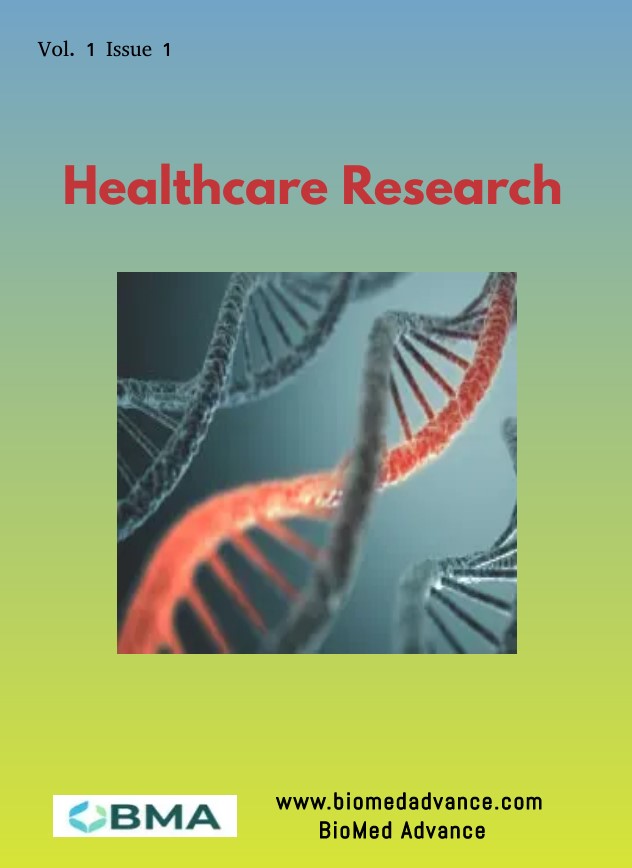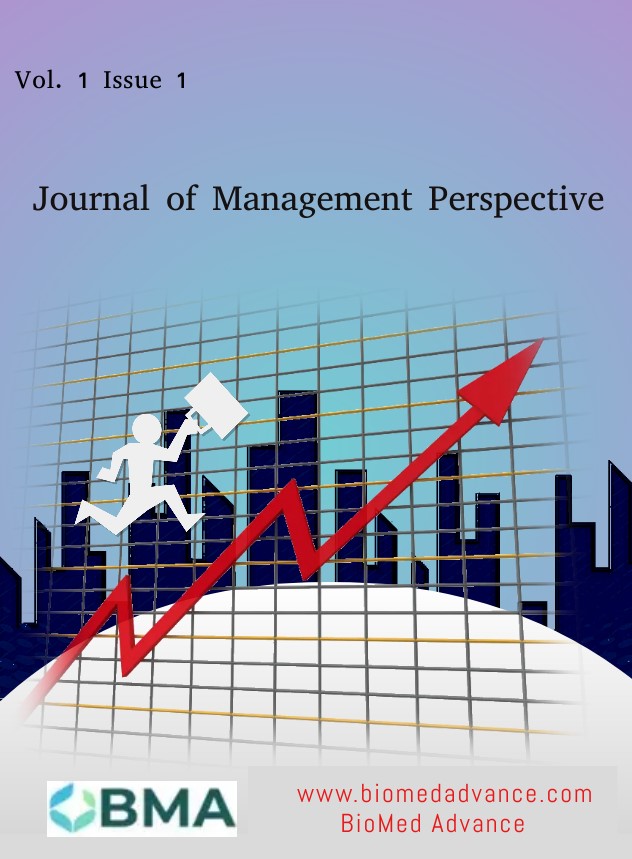Blood cleansing device removes pathogens.
PATH EX is developing an extracorporeal blood cleansing device designed to selectively remove pathogens, including multi-drug resistant bacteria, and endotoxins from circulating blood.
With support from the National Science Foundation (NSF), the American Educational Research Association (AERA) Grants Program seeks proposals for Research Grants. The AERA Grants Program provides Research Grants to faculty at institutions of higher education, postdoctoral researchers, and other doctorallevel scholars. The program supports highly competitive studies using rigorous quantitative methods to examine large-scale, education-related data. This research and training program is designed to advance knowledge and build research capacity in education and STEM education and learning. Since 1991, this AERA Program has been vital to both research and training at early career stages.
The Grants Program encourages the use of major data sets from multiple and diverse sources. It emphasizes the advanced statistical analysis of data sets from the U.S. Department of Education’s National Center for Education Statistics (NCES), the National Science Foundation (NSF), and other federal agencies. The program also supports studies using large-scale international data systems (e.g., PISA, PIRLS, or TIMMS) that benefit from U.S. federal government support. In addition, statewide longitudinal administrative data systems (SLDS) enhanced through federal grants are also eligible for consideration. The inclusion of federal or state administrative information that further expands the analytic capacity of the research is permissible. The thrust of the analysis needs to be generalizable to a national, state, or population or a subgroup within the sample that the dataset represents.
The Grants Program is open to field-initiated research and welcomes proposals that:
- develop or benefit from advanced statistical or innovative quantitative methods or measures;
- analyze more than one large-scale national or international federally funded data set, or more than one statewide longitudinal data system (SLDS) or incorporate other data enhancements;
- integrate, link, or blend multiple large-scale data sources; or
- undertake replication research of major findings or major studies using large-scale, federally supported or enhanced data.
The Grants Program encourages proposals across the life span and contexts of education and learning of relevance to STEM policy and practice. The research may focus on a wide range of topics, including but not limited to such issues as student achievement in STEM, contextual factors in education, educational participation and persistence (pre-kindergarten through graduate school), early childhood education and development, postsecondary education, and the STEM workforce and transitions. Studies that examine issues of specific racial and ethnic groups, social classes, genders, or persons with disabilities are encouraged.
Applicant Eligibility
Research Grants are available for faculty at institutions of higher education, postdoctoral researchers, and other doctorallevel scholars. Proposals are encouraged from the full range of education research fields and other fields and disciplines engaged in education-related research, including economics, political science, psychology, sociology, demography, statistics, public policy, and psychometrics. Applicants for this one-year or two-year, non-renewable award must have received their doctoral degree at the start of the award. Applicants may be U.S. citizens or U.S. permanent residents. Non-U.S. citizens affiliated with a U.S. university or institution are also eligible to apply. Underrepresented racial and ethnic minority researchers as well as women, individuals with disabilities, and veterans are strongly encouraged to apply.
Researchers who have previously received Research Grants through the AERA Grants Program (as a PI or CoPI) may not apply for a Research Grant. However, applicants who have received an AERA Dissertation Grant are eligible to apply for a Research Grant. Dissertation Grant recipients must complete the Dissertation Grant before applying for a Research Grant.
Data Set Eligibility
The research project must include the analysis of large-scale data. The data set can originate from one or multiple sources, including (1) federal data bases, (2) federally supported national studies, (3) international data sets supported by federal funds, or (4) statewide longitudinal administrative data systems (SLDS) enhanced through federal grants. Although the emphasis is on large-scale education data sets and systems, other social science and health-related databases that can advance knowledge about education and learning are eligible for consideration.
Many national data resources, including important longitudinal data sets, have been developed or funded by NCES, NSF, the U.S. Department of Labor, the U.S. Census Bureau, the National Institutes of Health, or other federal agencies. International datasets such as PISA, PIAAC, TIMMS, and others are supported. If international data sets are used, the study must include U.S. education.
NCES has enhanced and improved SLDS through grants to nearly every state, the District of Columbia, Puerto Rico, the Virgin Islands, and America Samoa. This federal investment has produced state-level data from pre-K to grade 12, through higher education, and into the workforce. Many SLDS are available for analysis and can be used to address salient issues in education research or linked with other data sets.
Data Set Access
The data set(s) of interest must be available for analysis at the time of application. Use of public or restricted-data files is permissible. Prior to receiving funding, applicants must provide documentation that they have permission to use the data for the research project.
Data Sharing
All data or data-related products produced under the AERA Grants Program must be shared and made available consonant with ethical standards for the conduct of research. Grantees are expected to place article-related data,[1] codebook or coding procedures, algorithms, code, and so forth in an accessible archive at the time of publication. Also, at a reasonable time after completion of the research project, all data or data-related products must be archived at the AERA-ICPSR Data Sharing Repository supported by NSF and located at the Inter-university Consortium for Political and Social Research (ICPSR) at the University of Michigan. AERA provides guidance to facilitate the data sharing and archiving process.
Research Grant Award
Awards for Research Grants are up to $35,000 for a maximum of 2-years. In accordance with AERA's agreement with the funding agencies, institutions may not charge indirect costs or overhead on these awards.
The funds can be used for research-related expenses such as course buyout, summer salary, travel to secure data enclaves or scholarly conferences, books, computer equipment, and other expenses directly related to conducting this research. As part of the proposal, applicants provide a budget that outlines anticipated research-related expenses.
In addition to the funding, grantees will be paired with a Governing Board member who will monitor grantees’ progress and potentially advise on their research.
Informational Webinar
Applicants are encouraged to watch the informational webinar to learn more about the AERA Grants Program and discuss the application process.
Project Dates
AERA is flexible on research project start dates, depending on what is best for the applicant. The earliest date a grant may start is approximately three months following the application deadline. Alternatively, an award start date several months or more after that may be requested.
Funding Restrictions
Research Grantees may not accept concurrent grant or fellowship awards from another agency, foundation, institution or the like for the same project that is funded by the AERA Grants Program. If the awardee is offered more than one major grant or fellowship for the same project for the same time period, in order to accept the AERA Grants Program Research Grant, the other award(s) must be declined.
If the applicant is employed by a contractor of NCES, NSF, other federal agency, state agency, or other entity that provides the dataset proposed for the project, the research project must not be considered part of the applicant's work responsibilities. An additional letter from the applicant's employer is required as part of the application submission, stating that the research project is separate from the applicant's job duties. This letter must be sent electronically by the deadline to grantsprogram@aera.net.
Evaluation Criteria
Evaluation criteria include the significance of the research question, the conceptual clarity and potential contribution of the proposal, the relevance to an important STEM education policy issue, the strength of the methodological model and proposed statistical analysis, and the applicant’s relevant research and academic experience. Additionally, the review criteria include the following: What is already known on the issue? How does the methodology relate specifically to the research question? Does the applicant know the data set? Does the analytic plan fit the question and the data? Is the applicant qualified to carry out the proposed study? Reviewers will be members of the AERA Grants Program Governing Board. Due to the large volume of applications received, the AERA Grants Program is unable to provide individual feedback on unfunded proposals.
Reporting Requirements
Research Grantees will be required to submit a brief (3-6 pages) progress report midway through the grant period. A final report will be submitted at the end of the grant period. The final report consists of an extended project abstract (3-6 pages) and a statement of research dissemination and communication activities and plans (1-3 pages). Also, it is expected that a research manuscript in a journal-ready format will be submitted. Grantees may produce research reports, research policy briefs, and presentations at professional meetings related to this research. Materials should be submitted electronically to grantsprogram@aera.net. All reporting requirements and deadlines are outlined in the award letter.
Funding Disbursement
Funding will be linked to the approval of the progress report and final report. Grantees will receive one-half of the total award at the beginning of the grant period, one-quarter upon approval of the progress report, and one-quarter upon approval of the final report. Grants are awarded through the grantee’s institution. In accordance with AERA's agreement with NSF, institutions cannot charge overhead or indirect costs to administer the grant funds.
Considerations in the Development of the Proposal
Applicants are strongly encouraged to read Estimating Causal Effects: Using Experimental and Observational Designs, by Barbara Schneider, Martin Carnoy, Jeremy Kilpatrick, William H. Schmidt, and Richard J. Shavelson prior to submitting a grant proposal. Selection bias is a recurring issue during the review process and should be addressed in the proposal.
Applicants should choose research topics that can be supported by the samples and variables contained in the proposed data set(s). Applicants should also be familiar with the User Guides and/or Manuals (e.g., use of design weights and design effects) of the specific data sets. Applicants should be familiar with statistical methods and available computer programs that allow for sophisticated analyses of the selected data.
Applicants should explicitly address the curricular content when it applies. Applicants are encouraged to capitalize on the capacity of large-scale data sets to examine diverse populations, including racial, ethnic, social class, and gender groups. The proposed topic must have education policy relevance, and the models to be tested must include predictor variables that are manipulable (e.g., course work in mathematics, instructional practices used by teachers, parental involvement). Studies that model achievement test data should clearly define the achievement construct and identify the kinds of items to be used to operationalize the topic of interest. Also, when planning to use existing sub-scales, the applicant should describe why these sub-scales are appropriate and how they will be applied. Existing sub-scales provided by NCES or other agencies may not be appropriate for the proposed construct.






